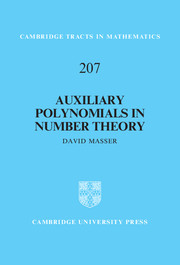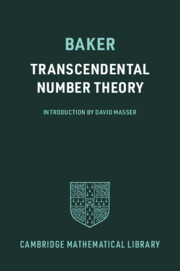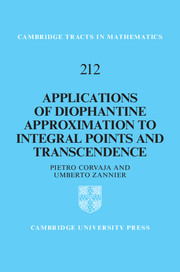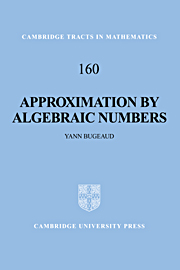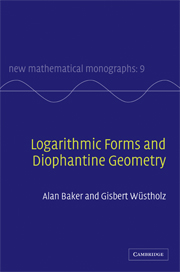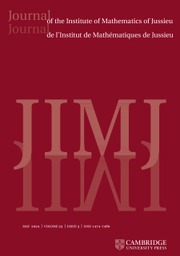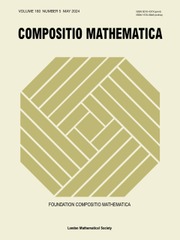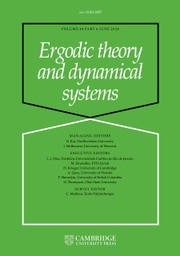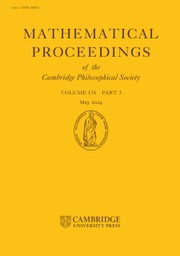Auxiliary Polynomials in Number Theory
This unified account of various aspects of a powerful classical method, easy to understand in its simplest forms, is illustrated by applications in several areas of number theory. As well as including diophantine approximation and transcendence, which were mainly responsible for its invention, the author places the method in a broader context by exploring its application in other areas, such as exponential sums and counting problems in both finite fields and the field of rationals. Throughout the book, the method is explained in a 'molecular' fashion, where key ideas are introduced independently. Each application is the most elementary significant example of its kind and appears with detailed references to subsequent developments, making it accessible to advanced undergraduates as well as postgraduate students in number theory or related areas. It provides over 700 exercises both guiding and challenging, while the broad array of applications should interest professionals in fields from number theory to algebraic geometry.
- The method is placed in a broad context through the inclusion of applications outside diophantine approximation and transcendence
- Key ideas are introduced independently, along with the motivation for each one
- Includes over 700 exercises ranging from simple to challenging
Reviews & endorsements
'Several features of this book are original. First of all: the topic … Next, thanks to the unique style of the author, this book offers a pleasant reading; a number of nice jokes enable the reader to have a good time while learning high level serious mathematic … This book includes a large number of statements, proofs, ideas, problem which will be of great value for the specialists; but it should interest also any mathematician, including students, who wish to expand their knowledge and see a superb example of a topic having an surprising number of different applications in several directions.' Bulletin of the European Mathematical Society
‘Instead of aiming for a polished presentation the author usually starts each chapter with simple examples and insights. This is one the book’s most attractive features and could well entice students into studying the material covered.’ C. Baxa, Monatshefte für Mathematik
Product details
October 2016Adobe eBook Reader
9781316677872
0 pages
0kg
700 exercises
This ISBN is for an eBook version which is distributed on our behalf by a third party.
Table of Contents
- Introduction
- 1. Prologue
- 2. Irrationality I
- 3. Irrationality II - Mahler's method
- 4. Diophantine equations - Runge's method
- 5. Irreducibility
- 6. Elliptic curves - Stepanov's method
- 7. Exponential sums
- 8. Irrationality measures I - Mahler
- 9. Integer-valued entire functions I - Pólya
- 10. Integer-valued entire functions II - Gramain
- 11. Transcendence I - Mahler
- 12. Irrationality measures II - Thue
- 13. Transcendence II - Hermite–Lindemann
- 14. Heights
- 15. Equidistribution - Bilu
- 16. Height lower bounds - Dobrowolski
- 17. Height upper bounds
- 18. Counting - Bombieri–Pila
- 19. Transcendence III - Gelfond–Schneider–Lang
- 20. Elliptic functions
- 21. Modular functions
- 22. Algebraic independence
- Appendix: Néron's square root
- References
- Index.

